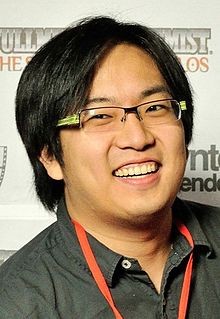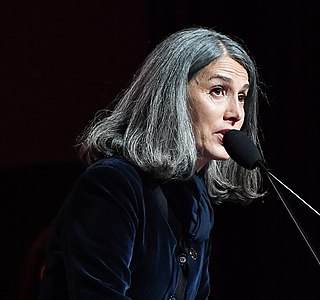A Quote by Hugh Jackman
Australians are coffee snobs. An influx of Italian immigrants after World War II ensured that - we probably had the word 'cappuccino' about 20 years before America. Cafe culture is really big for Aussies. We like to work hard, but we take our leisure time seriously.
Related Quotes
This is a funny story. We'd asked the guards every day for cappuccino. You know, just as a joke. And they'd come in with their cups of coffee and stuff. And so I get here and I have a spot for a cappuccino machine, and it didn't work. So I don't have any cappuccino ... I didn't miss the cappuccino, I missed the idea of cappuccino.
We have to recognize that the reason that the global order that we've enjoyed and almost take for granted over the last several years exists is that after World War II, the United States and its allies tried to build an antidote to what they had seen between World War I and World War II. There, they'd seen protectionism, beggar-thy-neighbor trading policies, so they said, we'll build an open international economy. And they did that.
I think in many ways, the Spanish Civil War was the first battle of World War II. After all, where else in the world at this point did you have Americans in uniform who were being bombed by Nazi planes four years before the U.S. entered World War II? Hitler and Mussolini jumped in on the side of Francisco Franco and his Spanish nationalists, sent them vast amounts of military aid, airplanes, tanks - and Mussolini sent 80,000 ground troops as well - because they wanted a sympathetic ally in power. So I think it really was the opening act of World War II.
It's very important to understand that World War II is at the base of this new policy. From the 1890s on, the U.S. was always imperialistic. We went after the Philippines, and we did the same in Cuba, in Hawaii. We controlled South America. Woodrow Wilson was not what he was supposed to be. He was very much a white man first. "The world must be made safe for democracy." It really accelerates after World War II.
South Korea at the end of the Second World War had a very low level of literacy. But suddenly, like in Japan, they determined they were going in that direction. In 20 years' time, they had transformed themselves. So when people go on saying that it's all because of perennial culture, which you cannot change, that's not the way the South Korean economy was viewed before the war ended. But again within 30 years, people went on saying there's an ancient culture in Korea that has been pro-education, which is true.
America felt victorious and generous after World War II. They had also learned from the mistakes after World War I when they imposed punishment on Germany. What became of Germany? A Nazi dictatorship which threatened the world. Today's Germany doesn't feel as prosperous and generous as America then. But actually, Germany still is very prosperous.
I favor a form of cosmopolitanism that takes nations very seriously, particularly because of the role of national law in sustaining or, unfortunately, undermining human rights. Some cosmopolitans take the metaphor of global citizenship - the etymology of the word, after all, just comes from a Greek phrase meaning citizen of the world - to rule out taking national citizenship seriously. I think that's a big mistake. Why can't I be loyal to America and to humanity? After all, I can be loyal to America and to New York city!
However, there is a fundamental difference between the issue related to Japan's history and our negotiations with China. What is it all about? The Japanese issue resulted from World War II and is stipulated in the international instruments on the outcomes of World War II, while our discussions on border issues with our Chinese counterparts have nothing to do with World War II or any other military conflicts. This is the first, or rather, I should say, the second point.




































